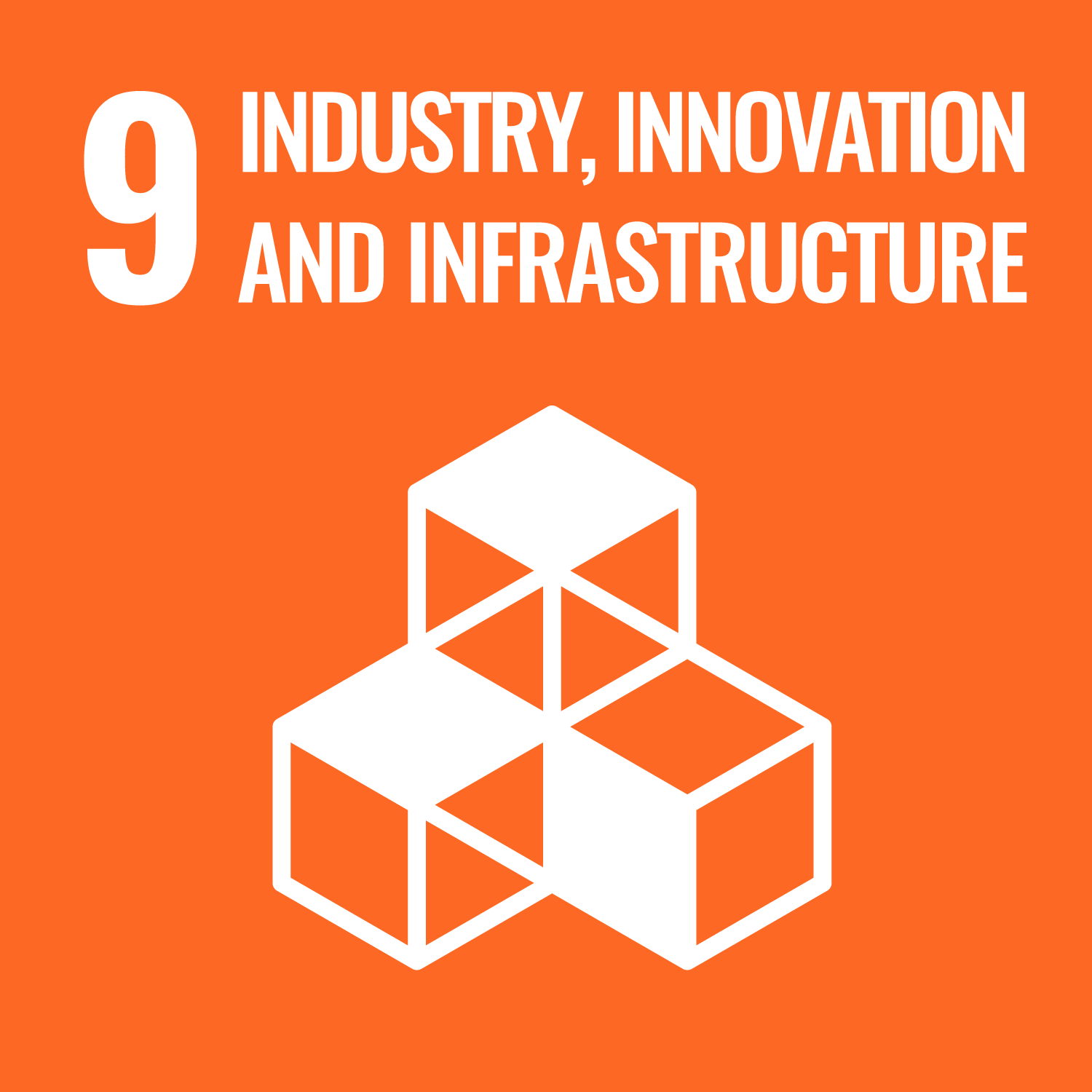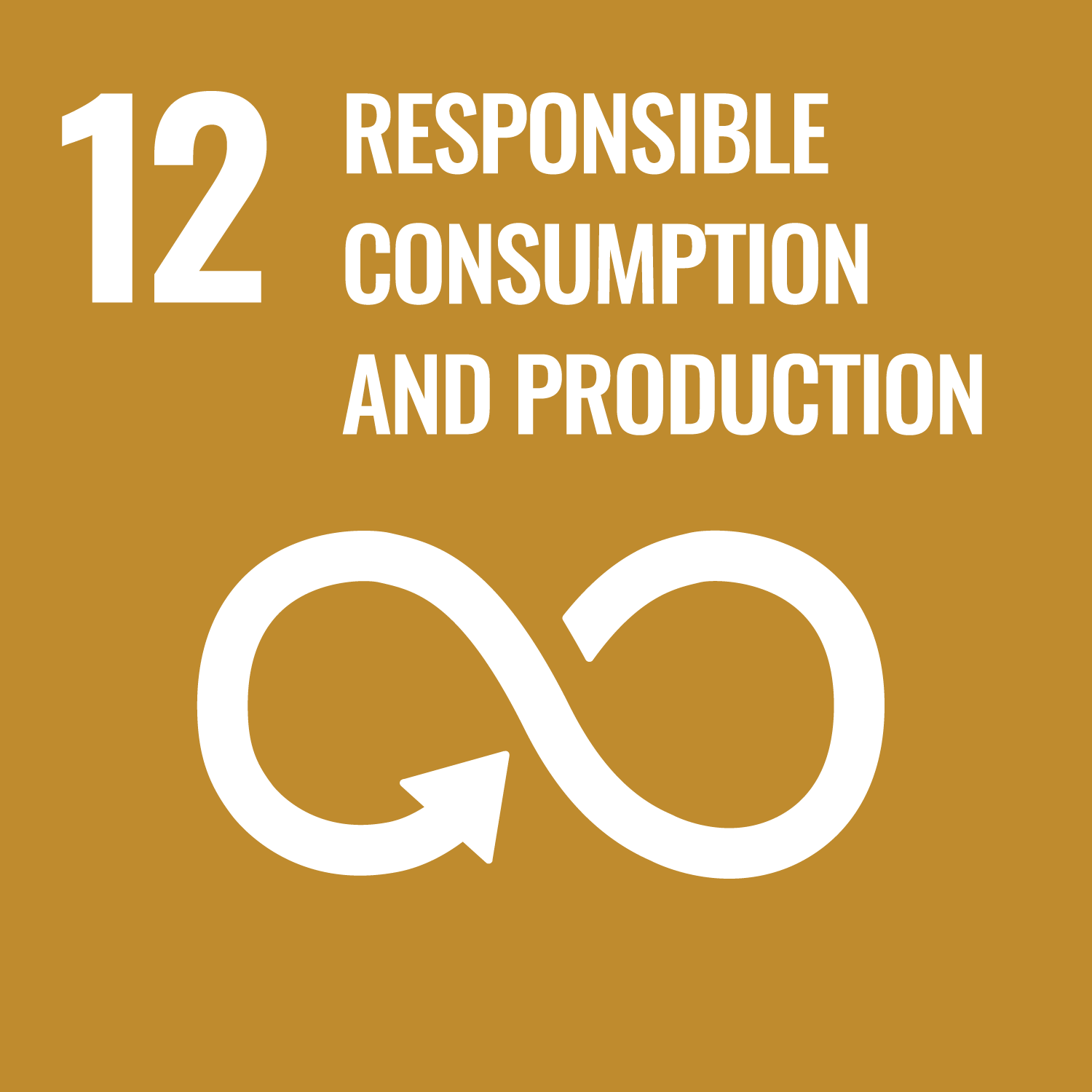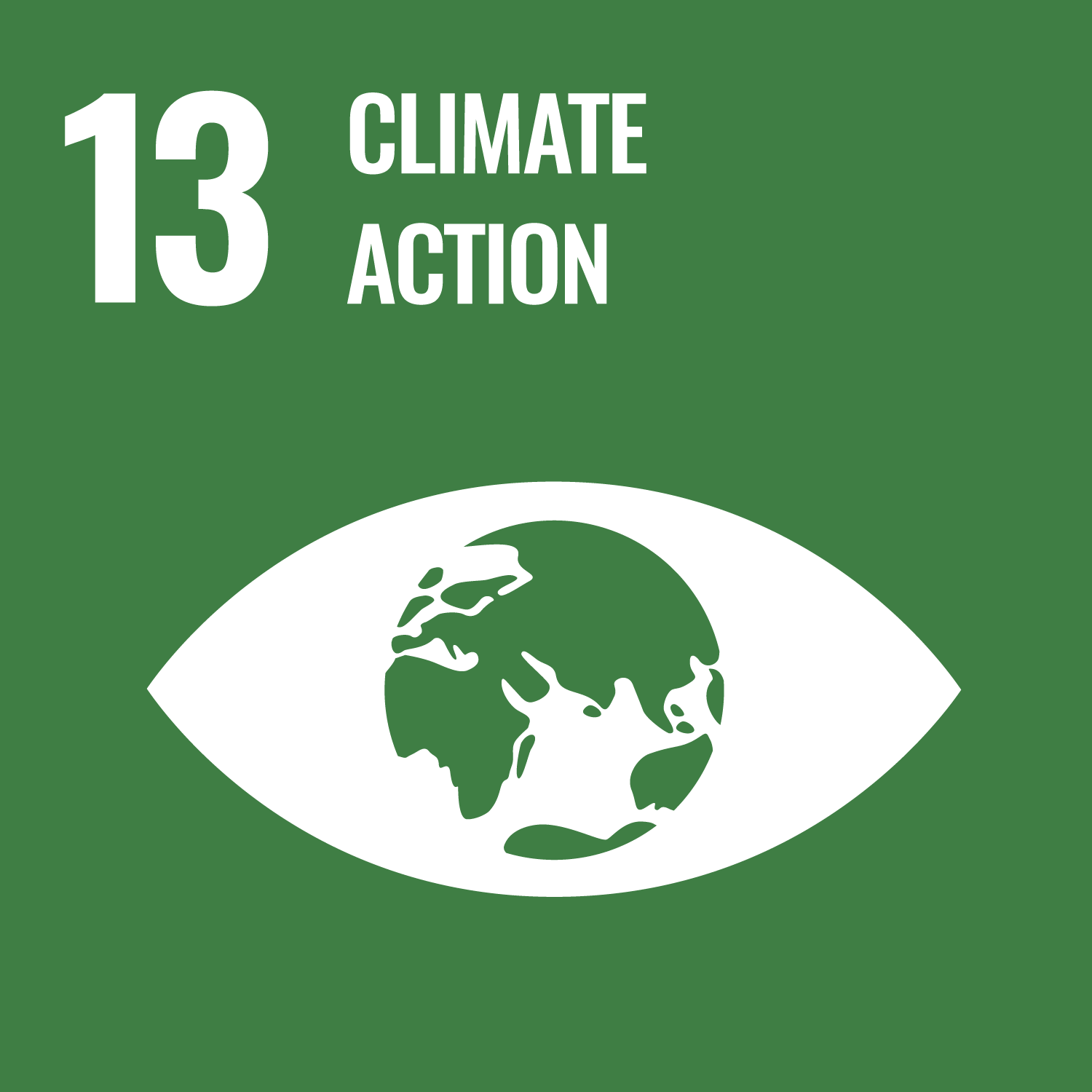Sustainability
Research group Prof. Dr. Gerrit A. Luinstra



Chemical recycling of plastics by pyrolysis
Plastics have been part of everyday life for around 70 years. They are used in many different areas, such as packaging, as a flow improver in the construction industry, as a raw material in the transport industry, and as a textile material in the clothing industry. Some of these plastics can be recycled. However, the remainder can rarely be recycled directly in a meaningful way as they are not pure or are contaminated with additives. Pyrolysis offers a sustainable way to supplement material recycling. By converting waste into usable raw materials such as pyrolysis oils, gases or soot, pyrolysis closes a gap in the circular economy system while preventing the environmental impact of incineration or landfill. Platform chemicals such as ethylene, propylene or butadiene can be obtained from the waste and can serve as a sustainable substitute for products derived from petrochemical processes. Key research issues include optimising process control to increase the proportion of high-quality chemicals, developing robust catalysts and clarifying reaction pathways.
Sustainable polymers
Polyesters account for around 18% of the polymers produced worldwide each year. They are widely used, particularly in textile fibres and food packaging, with polyethylene terephthalate (PET) being a prime example. Currently, most polyesters are derived from fossil fuels, contributing to high CO₂ emissions and other environmental issues. To create more sustainable alternatives, we are focusing on developing bio-based polyesters. Bio-based monomers are obtained from renewable materials such as food waste, biomass, and carbon dioxide. Using these monomers enables us to adapt existing and new polymer condensation processes to produce bespoke, sustainable polyesters. Our goal is to develop bio-based polyesters that match or surpass the analytical and mechanical properties of their fossil counterparts, while also opening up new applications.
